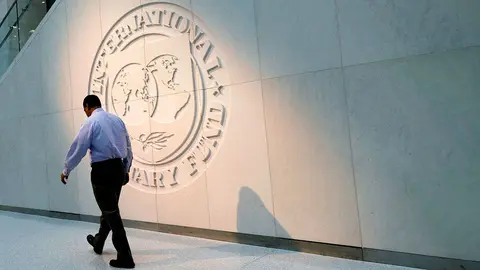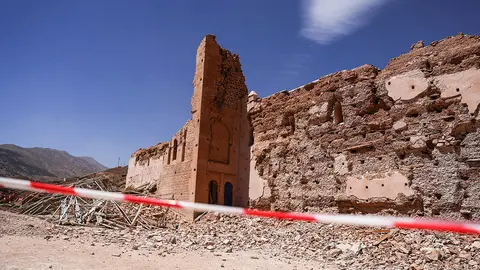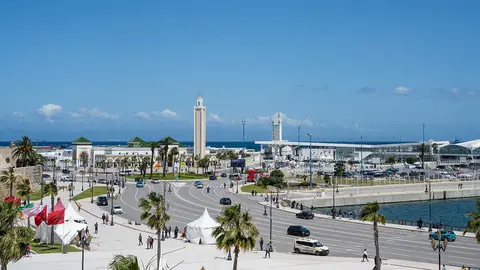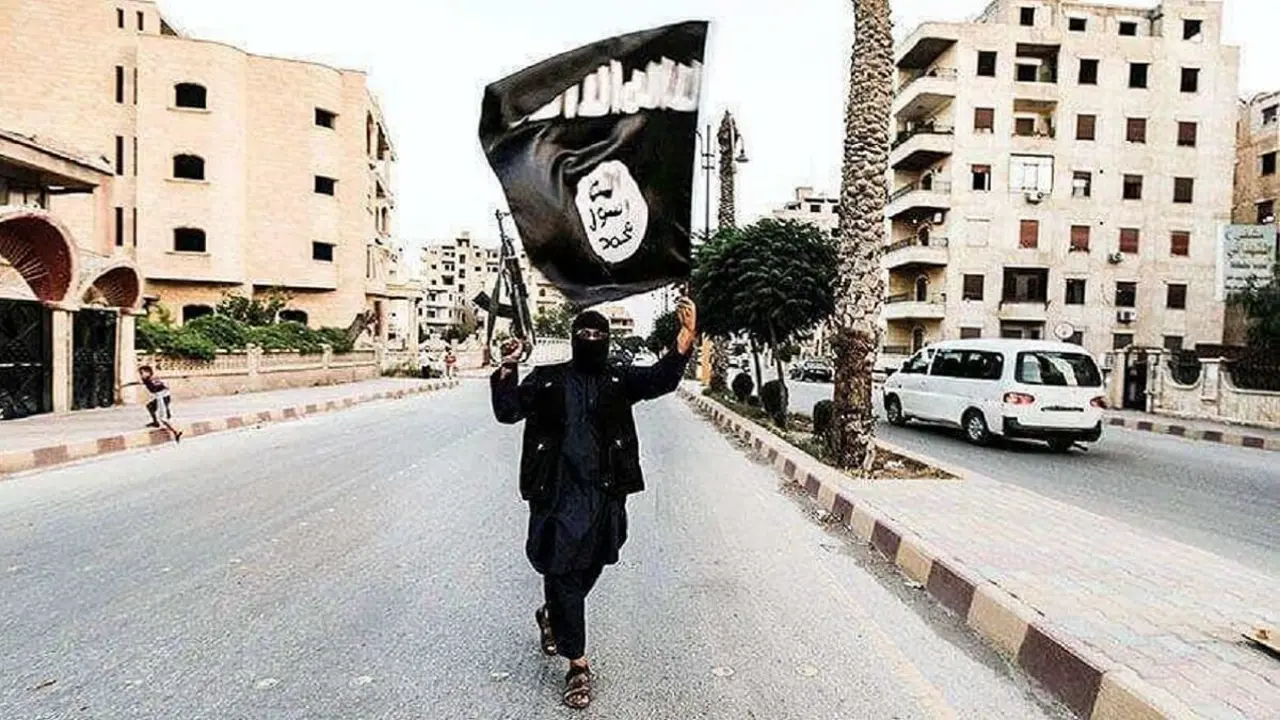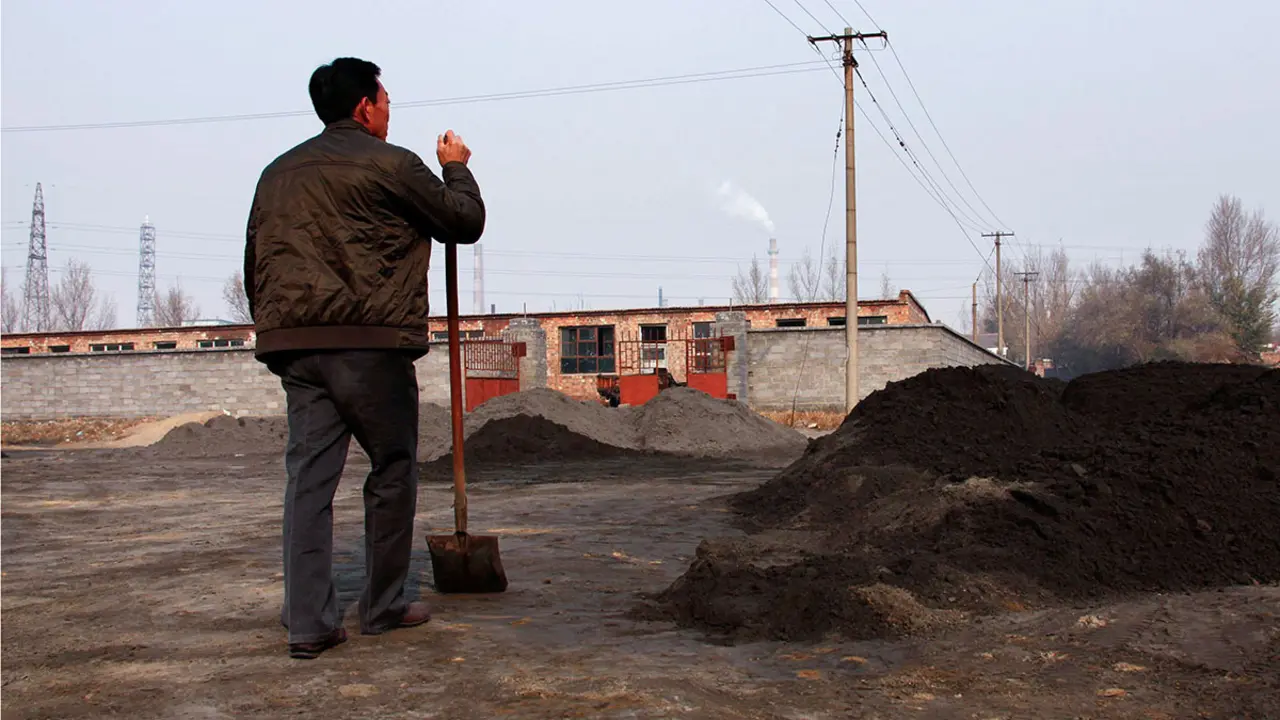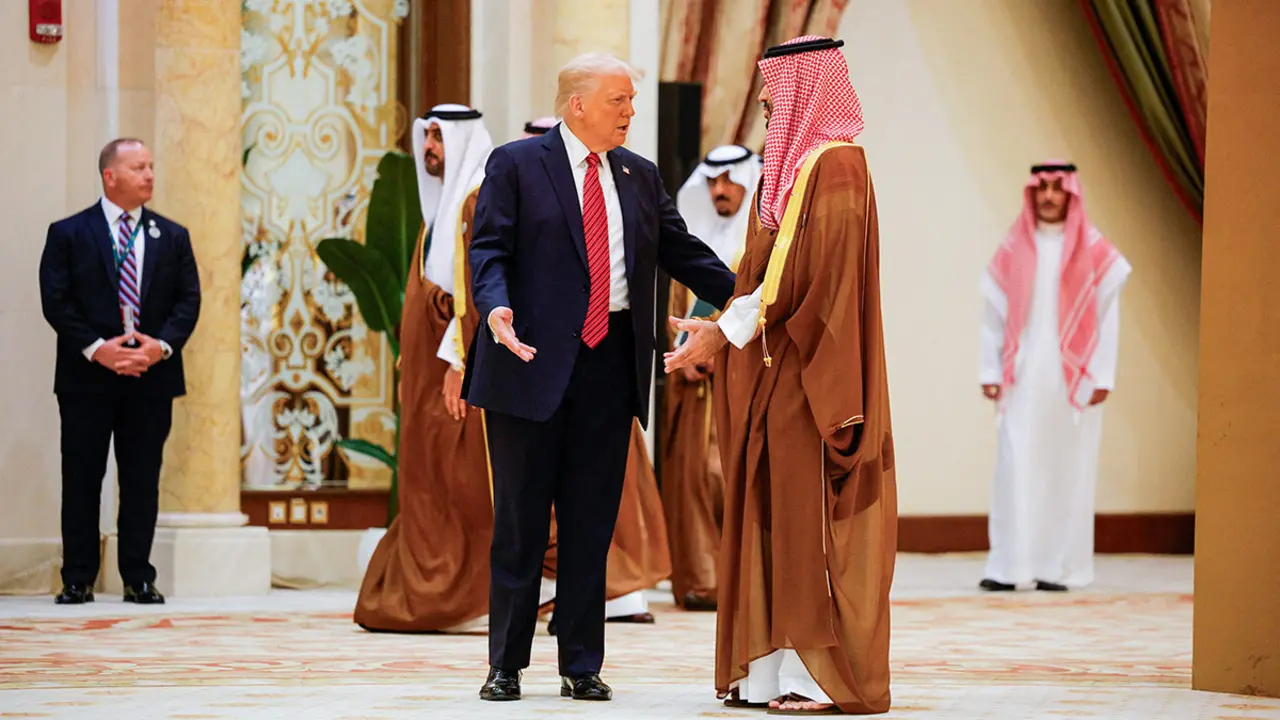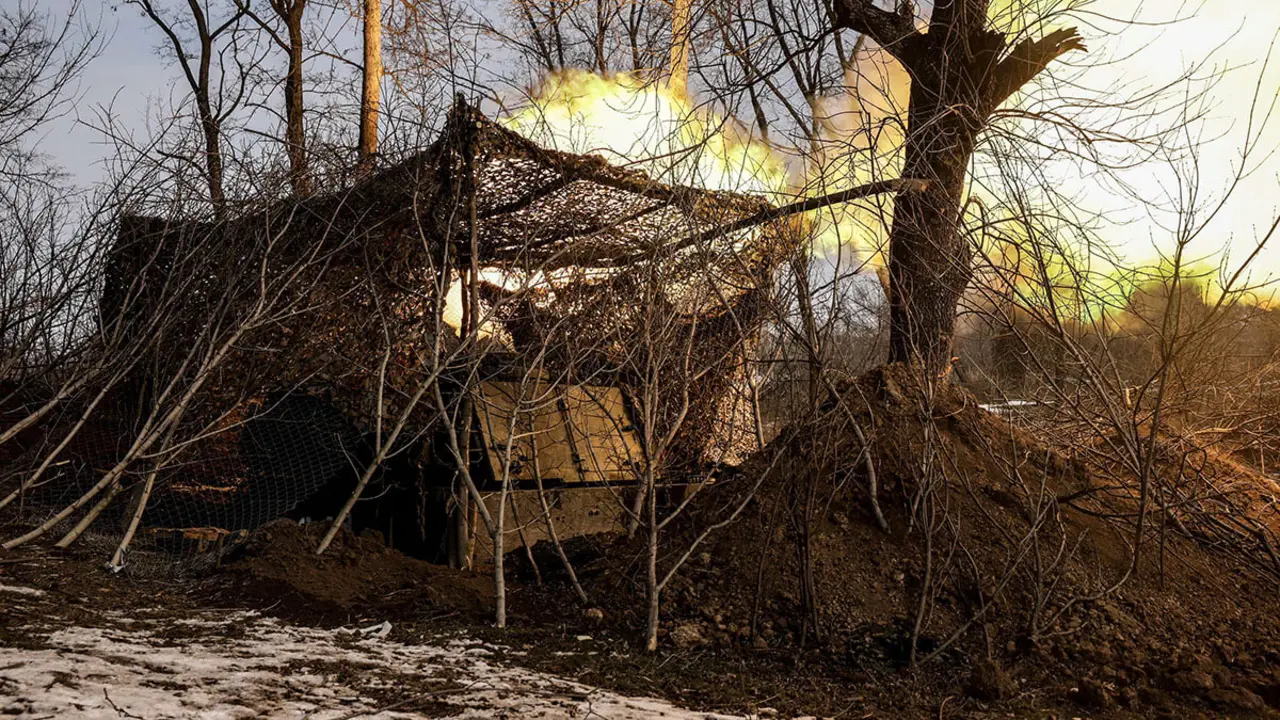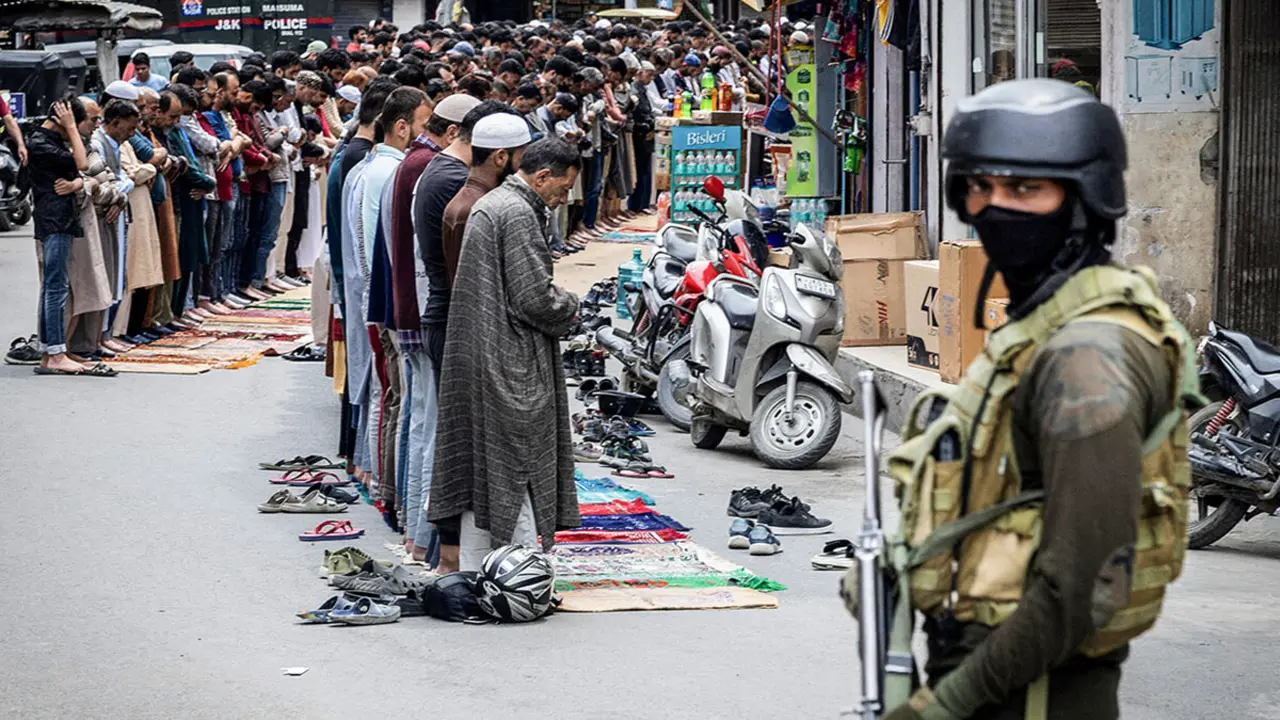Morocco's Economic Growth: Prospects and Government Actions
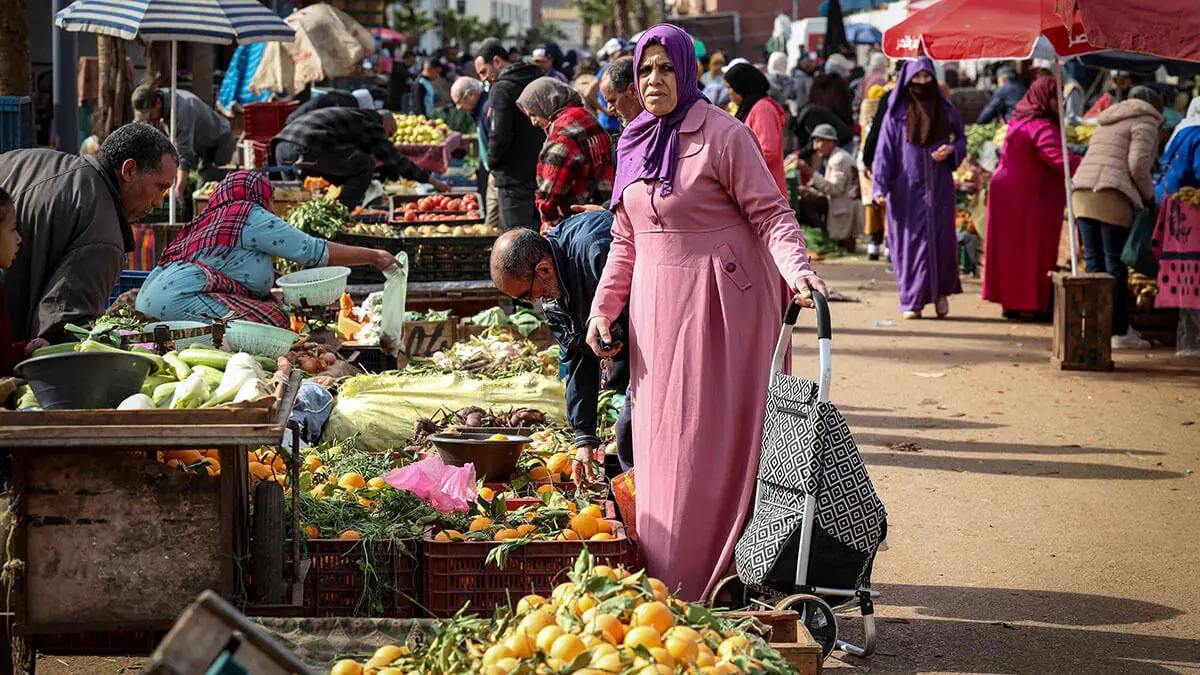
- Analysis of key economic indicators
- Strategic government initiatives
- Positive outlook for key economic sectors
- Strategic partnerships and investments
- Future economic projections
- Overall economic growth by 2024
Morocco's Planning Commission anticipates an acceleration in the Gross Domestic Product (GDP) growth rate during the second and third quarters of this year. This increase is due to the recovery of domestic demand, benefiting from higher wages for employees and a cash support programme for low-income families.
According to recent projections published by the Commission, GDP is expected to grow by 2.9% in the second quarter and 3.2% in the third quarter.
As reported by Al Arab, in the first quarter of the year, economic growth slowed to 2.5%, compared to 3.9% year-on-year in the previous year. This slowdown is attributed to the decline in agricultural activities due to consecutive dry seasons in the country.
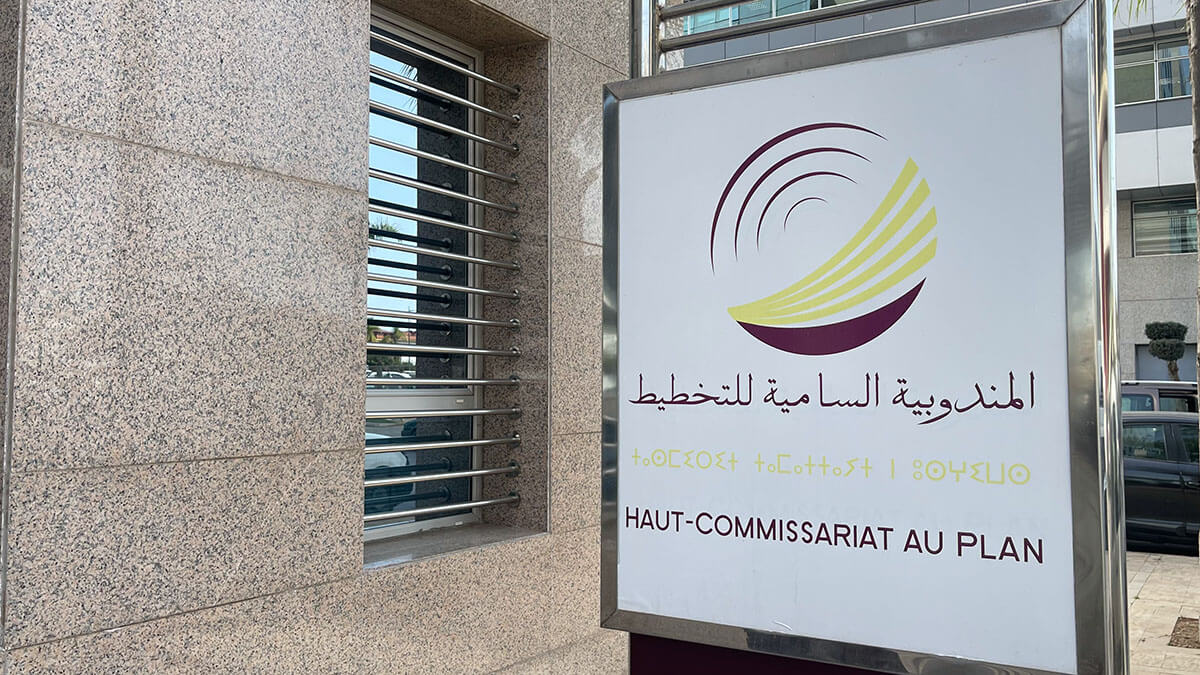
The Planning Commission reported that agricultural activities experienced a sharp decline of five per cent, after growing by 2.1% in the first quarter of last year. The shortage of rainfall has significantly impacted agriculture, which accounts for about 14% of GDP. Adverse weather conditions led to a 42.5% reduction in the area under cereal production this season, reaching 2.5 million hectares, compared to the average of the last five years.
In contrast, non-agricultural activities grew by 3.2% year-on-year, driven by a 17.7% increase in extractive industries between January and March, compared to the same period last year. However, the services sector slowed to 3%, after having grown at twice the rate of the previous year.
Economic growth will be supported by a recovery in domestic demand, which will be helped by an increase in government spending and a recovery in household spending. This increase in household consumption is due to higher government wages and the cash support programme for low-income households. The government has approved a wage increase that will benefit more than 1.1 million public employees this year. In addition, since the beginning of the year, a direct cash support programme for four million low-income families has been implemented, at an estimated cost of approximately USD 2.5 billion.
In parallel, support for the Compensation Fund, which regulates the prices of cooking gas, sugar and flour, has been gradually increased, ensuring that these essential commodities remain affordable for low-income families, contributing to broader economic stability.
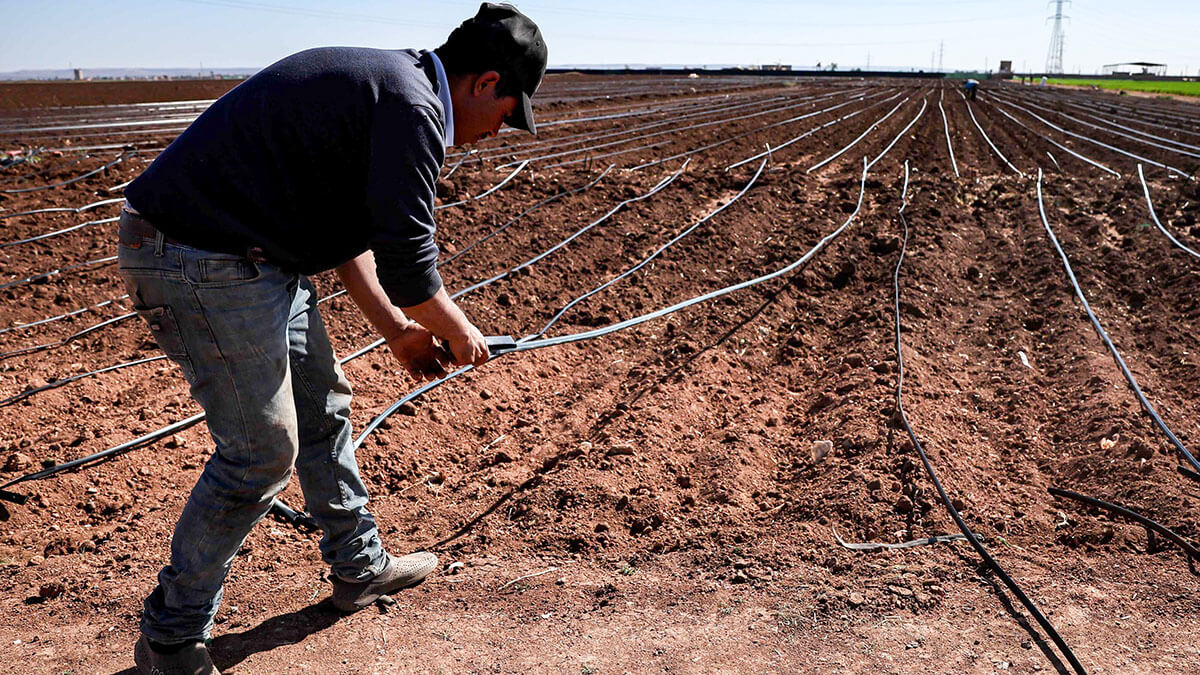
The Planning Commission also highlighted that household purchasing power will increase significantly with inflation declining to 0.7% in the second quarter and 0.8% in the third quarter, compared to 6.8% and 4.9% during the same period last year.
Despite the expected acceleration in growth, the Central Bank of Morocco's June projections suggest that annual growth could reach 2.8%, compared to 3.4% last year.
The government is committed to achieving 3.4% growth, relying on investment momentum and the recovery of the industrial, tourism and construction sectors, which will help mitigate the negative impact of the agricultural sector.
Last week, Morocco and the World Bank signed a $350 million financing agreement to support the implementation of the reform of state-owned enterprises and companies. Minister of Economy and Finance Nadia Fettah commented that "the agreement reinforces the exemplary cooperative relations with the World Bank and supports the implementation of the institutional reform process".
The move follows the government's approval of the outline for implementing a plan to overhaul the financing of these institutions, improve their performance and governance, and increase the private sector's contribution to investment efforts.
Analysis of key economic indicators
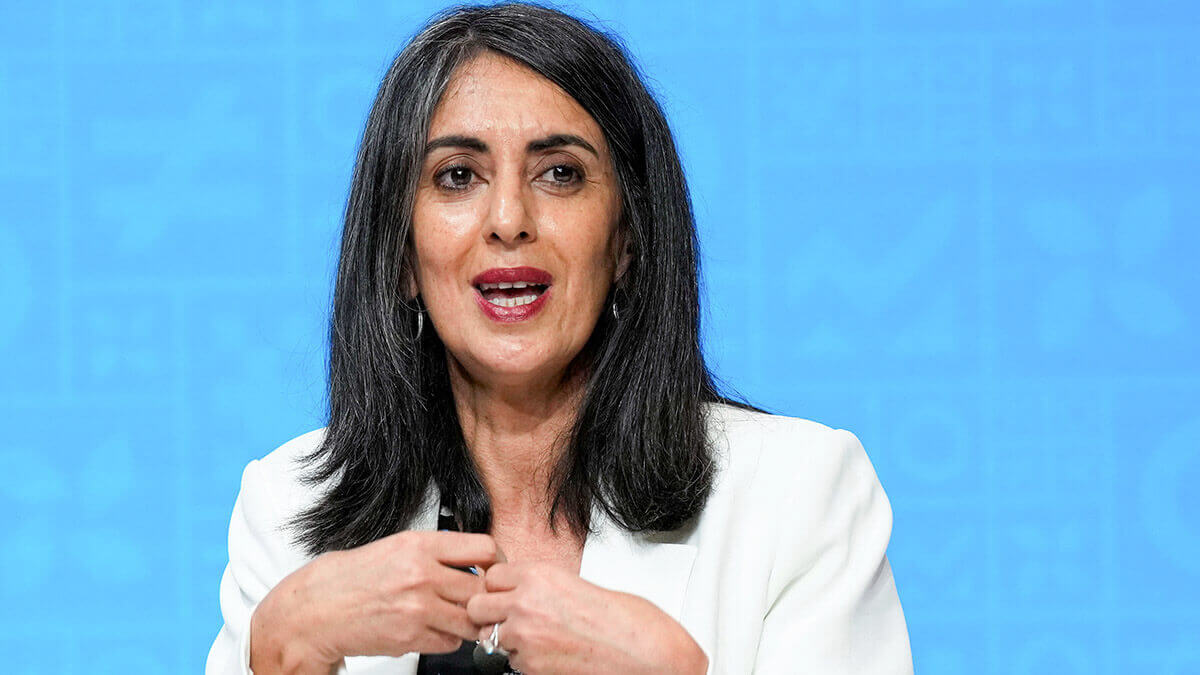
In the second quarter of 2024, Morocco's national economy showed a significant acceleration in growth. As indicated by the Second Quarter 2024 Economic Outlook and Prospects for the Third Quarter 2024 provided by The Planning Commission of Morocco, the GDP growth rate of 2.9% was a clear indicator of this improvement, driven mainly by stronger domestic demand and positive consumer spending.
First, the mining industry was a standout performer, with value added increasing by 15.6% in the second quarter of 2024. Growth in this sector was driven by an increase in non-metallic mineral exports and robust local demand from processing industries. In addition, the construction sector confirmed its recovery with a 3% increase in activity, driven by public works and a substantial increase in cement sales due to a boost in housing production and home purchase assistance programmes.
Second, the industrial production sector also saw a recovery, with a 3.5% increase in value added, compared to 2.1% in the first quarter of 2024. The main drivers included the chemical and construction-related industries, along with strong external sales in metallurgy and an increase in the production of electronic and optical goods. However, the automotive industry faced challenges due to supply chain problems and weaker demand in the European market.
Finally, the tertiary sectors benefited from the recovery in domestic demand. Wholesale trade and business-related services saw significant improvements, with transport and hospitality services also gaining strength due to the coincidence of religious holidays such as Easter, Eid al-Fitr and Eid al-Adha.
On the other hand, inflation rates declined significantly in the second quarter of 2024, settling at 0.7% compared to 1.2% in the first quarter. According to information provided by the Consumer Price Index conducted by the Statistical Indices Division of the Kingdom of Morocco, this decrease was mainly due to the reduction in food prices, while non-food prices saw a slight increase.
In addition, the reduction in inflation has had a positive impact on the purchasing power of Moroccan households. With inflation expected to decline further to 0.8% in the third quarter of 2024, households will continue to see a significant improvement in their purchasing power. This is a substantial decrease from the previous year's inflation rates of 6.8% and 4.9% in Q2 and Q3, respectively. The improved purchasing power is expected to stimulate further growth in domestic consumption, providing a solid basis for economic expansion.
Strategic government initiatives
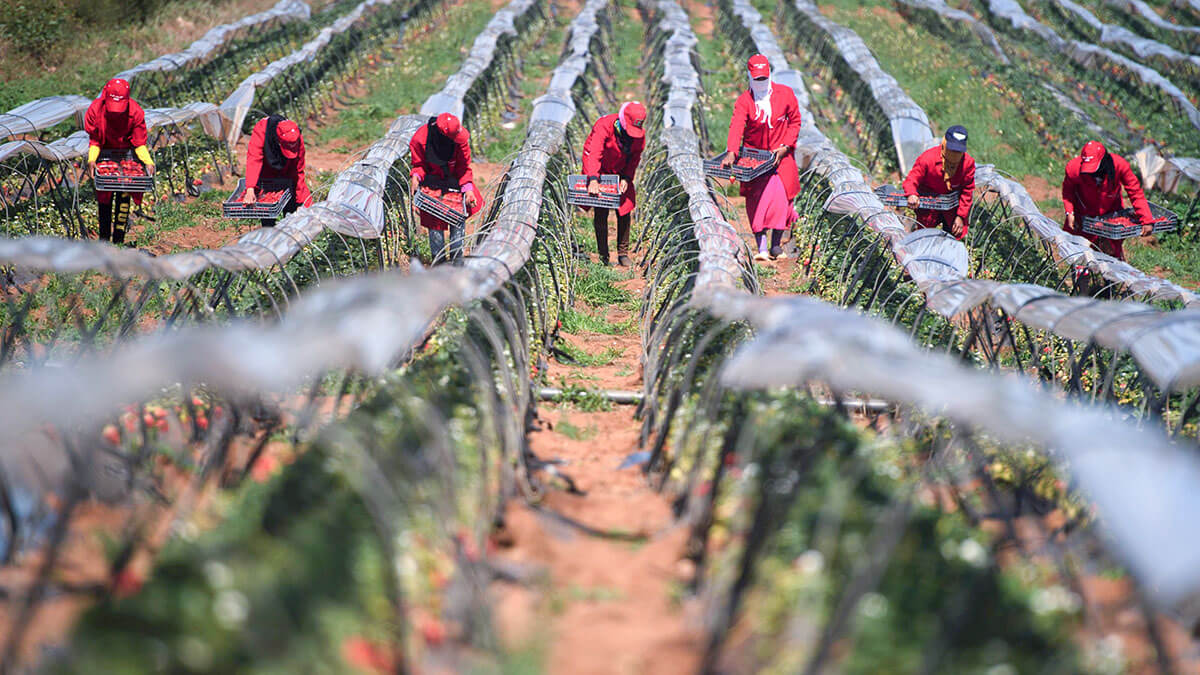
The Moroccan government has strategically increased spending to support economic growth. The implementation of higher wages for the Kingdom's employees and the direct cash support programme for low-income households are central to this effort. More than 1.1 million employees will benefit from the wage increase, and four million low-income households will receive direct cash support amounting to approximately $2.5 billion this year. This dual approach aims to boost domestic consumption and alleviate financial pressures on vulnerable households, thereby fostering a more inclusive economic recovery.
Alongside direct support measures, the government has gradually increased funding for the Compensation Fund, which helps stabilise prices of essential goods. This initiative ensures that basic commodities remain affordable, particularly for low-income households, thus supporting broader economic stability.
Positive outlook for key economic sectors
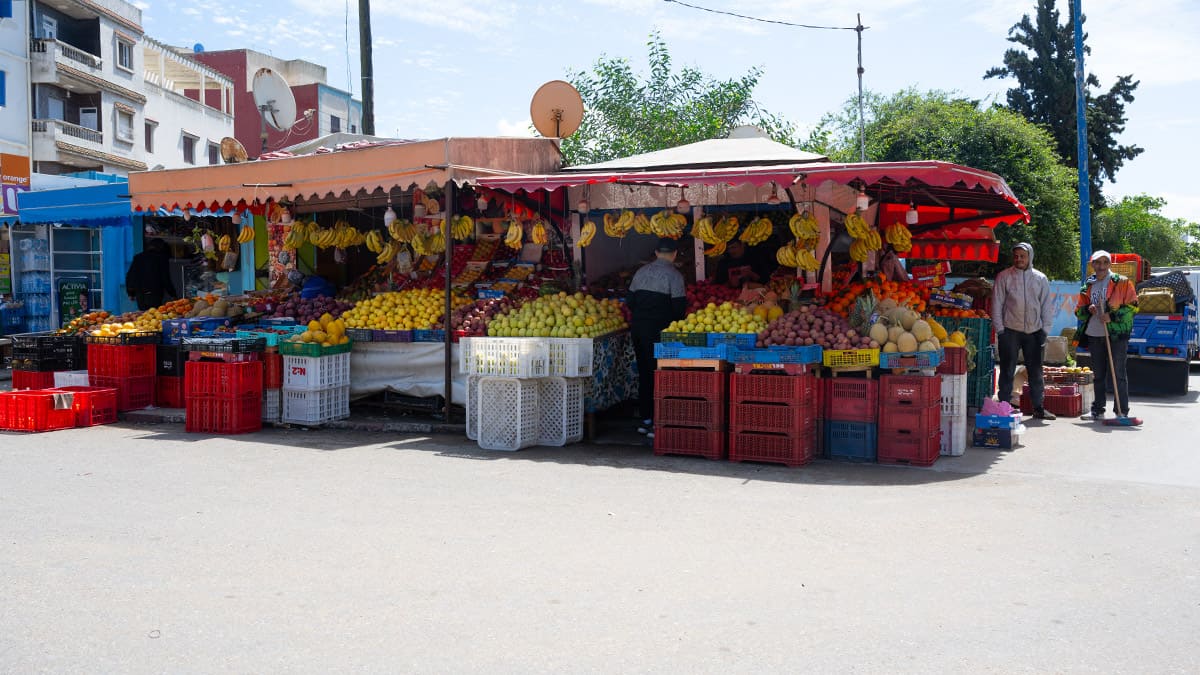
The industrial sector is poised for a revitalisation, driven by robust demand in manufacturing and extractive industries. The latter has seen a significant increase due to higher global demand for non-metallic minerals. In addition, the chemical and construction-related industries are expected to continue their growth trajectory, further strengthening the industrial sector.
Notably, the construction sector has shown a steady recovery, led by public works projects. Increased cement sales and ongoing housing initiatives have provided a solid base for growth. The revitalisation of this sector is crucial, given its significant contribution to employment and economic activity.
The tourism and services sectors are also experiencing a resurgence, benefiting from both domestic and international demand. The convergence of various religious and cultural events has boosted the hospitality and transport industries, which are critical components of the services sector. This resurgence is expected to contribute positively to overall economic growth.
Strategic partnerships and investments
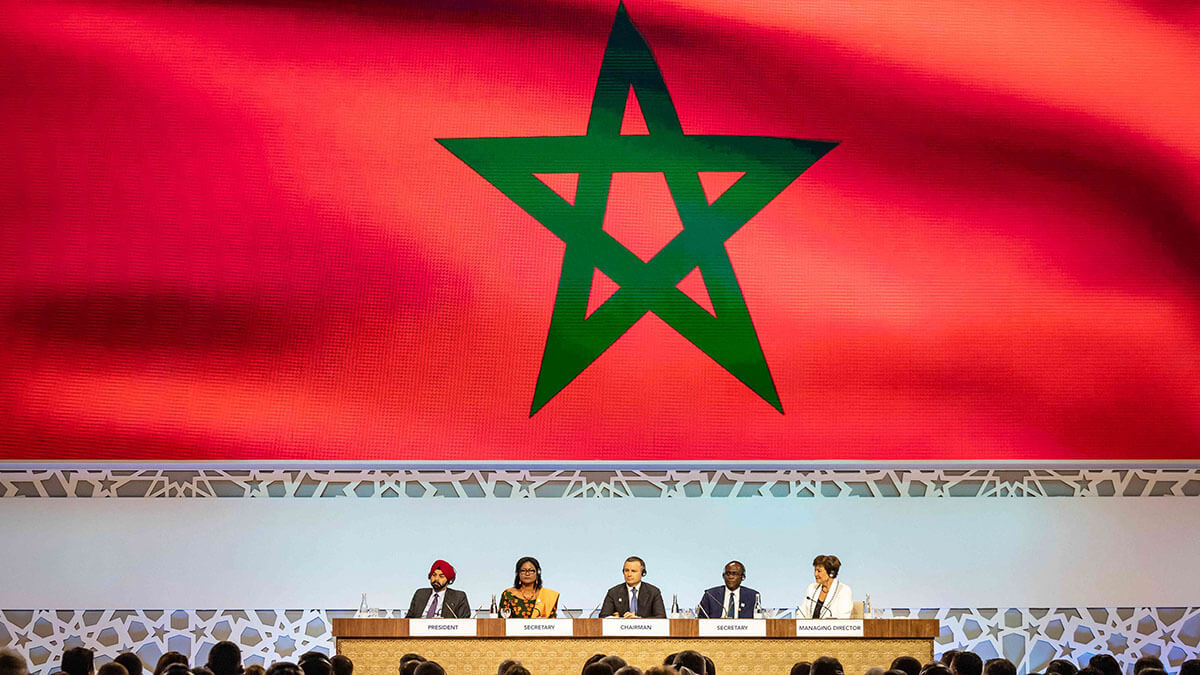
Morocco's recent $350 million financing agreement with the World Bank highlights the country's commitment to institutional reforms and economic resilience. This partnership aims to improve the performance and governance of state-owned enterprises, encouraging greater private sector participation in investment efforts. This strategic move is expected to boost sustainable growth and economic diversification.
Simultaneously, the government has outlined broad strategies for institutional reforms, focusing on improving the financing mechanisms, performance and governance of state-owned enterprises. These reforms are designed to create a more efficient and dynamic economic environment, facilitating greater private sector engagement and investment.
Future economic projections
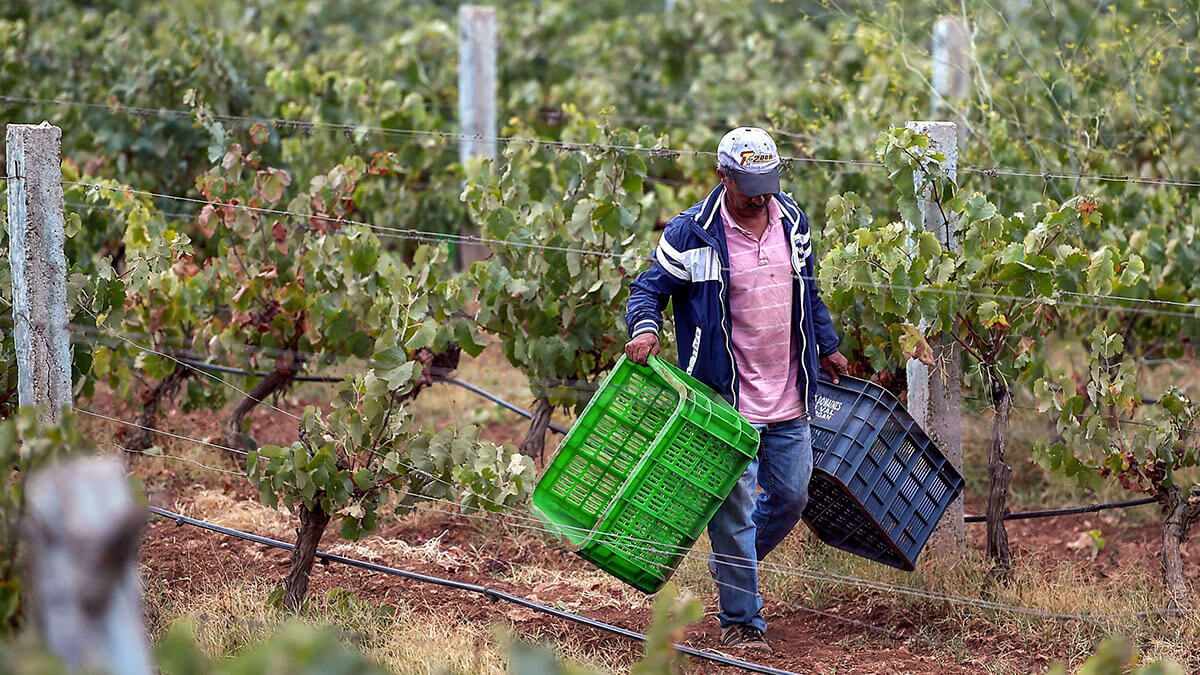
Looking ahead, the Moroccan economy is expected to continue its positive growth trajectory in the third quarter of 2024. The anticipated GDP growth rate of 3.2% reflects continued improvements in domestic demand and robust performances in key sectors such as manufacturing, construction and services.
Inflation is projected to remain low, stabilising at around 0.8% in the third quarter of 2024. This low inflation environment, together with rising nominal incomes and supportive government measures, is likely to lead to further gains in household purchasing power. These factors are crucial to sustain domestic consumption, which is a significant driver of economic growth.
Overall economic growth by 2024
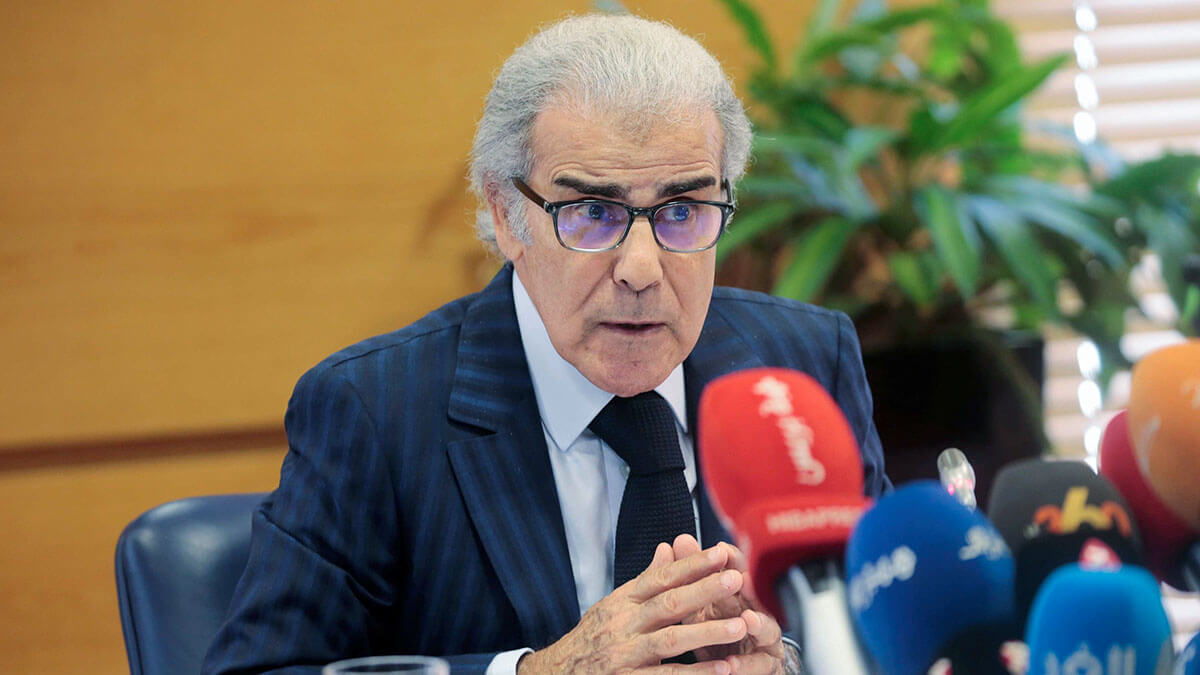
Despite the challenges faced by the agricultural sector, Morocco's overall economic growth by 2024 is projected to reach 2.8%, according to the latest forecast by the Central Bank of Morocco. This positive outlook is supported by the government's focus on stimulating investment, revitalising key sectors and improving household consumption through targeted support programmes.
Morocco's economic outlook for 2024 is largely positive, supported by a few strategic government initiatives and robust domestic demand. Measures taken by the government, such as wage increases, direct cash support for low-income families and institutional reforms, are designed to strengthen both growth and economic stability in the country.
Effective control of inflation, which is expected to remain low, and increasing the purchasing power of Moroccan households are key factors that will contribute to a healthier economic environment. These favourable conditions not only encourage higher domestic consumption, but also create an environment conducive to investment, both domestic and international.
Key economic sectors, such as manufacturing, construction, tourism and services, are showing clear signs of recovery and growth. The manufacturing sector is experiencing a significant rebound, driven by local and external demand. Construction remains an important pillar, with public works projects and housing programmes generating employment and economic activity. Tourism and services are benefiting from the revival of demand, both domestically and internationally.
Moreover, recent collaboration with the World Bank to finance reforms in state-owned enterprises underscores Morocco's commitment to improving governance and institutional performance, which in turn should attract more private investment and foster sustainable economic growth.
Morocco is therefore well positioned to achieve sustainable and inclusive economic growth in the coming quarters. The combination of a stable macroeconomic environment, proactive government policies and a solid recovery in key sectors bodes well for the Moroccan economy in 2024.

